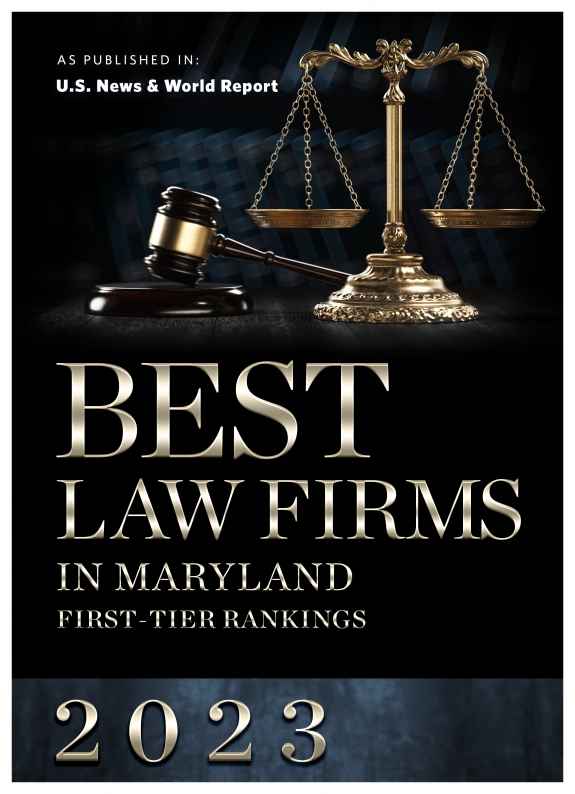written by Edouard J.P. Bouquet
Dealing in Cash, Multiple Foreign Numbered Accounts, Offshore and Shell Corporations, Family Owned Businesses with “Perishable” Inventory, Multiple Holdings in Precious Metals and Other Commodities, Bearer Bonds, as well as Real and Personal Property owned through layers of corporations, individuals and other entities.
Division of Assets in A Divorce
A major part of divorce proceedings are focused on finances. Like a business partnership, dissolution requires division of assets, whether agreed to or determined through courtroom proceedings. Some involved in a divorce try to hide assets in a misguided attempt to deprive their spouse. Here are some signs to look out for:
- Unreported income on financial statements and tax returns.
- Esoteric categories on financial statements for “business-related” expenses for business owners.
- Cash maintained in traveler’s checks.
- Using a child’s Social Security Number to set up a custodial account in the name of the child with the spouse as the account holder.
- Purchasing certificate “bearer” municipal bonds or Series EE savings bonds.
- Side deals with employers to delay pay increases, bonuses, equity buy-ins, and stock options, until after a divorce or when the asset or income would no longer be considered marital property.
- A phony debt repayment plan to a friend or family member.
- Rent, gifts, travel, tuition, and other expenses paid for a paramour.
- Retirement accounts you were never told about.
Business owners have more methods at their disposal to hide assets. If your spouse is a business owner some of the following could also apply:
- Paying for personal expenses through the business in order to reduce income.
- Designating personal expenses as business expenses.
- Payments of benefits or salary to non existent employees.
- Assets transferred from businesses to third parties who are relatives or friends of your spouse.
- Money paid from businesses to someone close without any legitimate basis, such as for services rendered.
- Delays in the execution of business contracts until after a divorce so that it may not be included as part of the value of the business or for purposes of determining the ability to generate income, including for purposes of alimony or child support.
- Falsification of documents in order to hide assets in the hands of third parties or shell corporations.
- Unexplained adjustments to the financial statements and general ledgers of the business.
- Unusual disgorgement or acquiring of inventory.
When your spouse is hiding money or assets in a divorce, it is important to understand the means by which they move income and property. Whether that’s transferring ownership to a third party or using false documentation, an experienced professional knows the techniques to uncover those hidden assets and can realize the value of the property so that it is included as part of the equitable distribution in a divorce.
Hiding Assets and Property
There are all sorts of creative ways people find to hide assets. If you are concerned that your spouse may be trying to hide assets, some of the more common methods include stacking a safe deposit box full of paper money as well as gold coins, jewels and other collectibles. A sudden interest in collecting items like firearms, collectible cars, tools, hobby related items, artwork, antiques, or original paintings. These are often overlooked or undervalued.
Hidden assets may also include mutual funds, bonds, cash value and insurance policies and other annuities as well as savings bonds. Money and assets can be hidden by individuals in businesses in the value of vehicles, planes, boats, motorcycles and other conveyances, as well as inventory.
Finding Hidden Assets in a Divorce
Discovering hidden assets is sometimes just a matter of understanding what specific questions to ask yourself and expect to then pursue through the discovery process conducted by your attorney. Much of it has to do with understanding the clues that tip you off to the existence of hidden assets; often times these clues are just the tip of the iceberg. Securing documentation of the activities – “the paper trail” – or electronic documents stored in computers concerning these activities is crucial.
Although not exhaustive, some additional questions might include:
- What are the sources of income, including income from wages?
- Does your spouse have a deferred compensation plan or other types of executive incentives or fringe benefits?
- Is there any interest or dividend income that was not disclosed to you during the marriage?
- Are there tax free bonds providing interest?
- Where did the taxable refunds of state and local taxes go?
- Were there overpayments of taxes on state and federal returns for future tax years, but then refunded?
- Were there any distributions made from retirement accounts including deferred compensation plans, IRAs or 401Ks?
- Were there any designations of an alternative minimum tax preference?
- Have stock options been exercised or other shelters and credits used to reduce or eliminate tax?
- Were there any state or local income tax generated in another state?
- Are there assets located in another state or foreign country?
- Have you seen payments for property taxes or other types of taxes and fees on assets, including real estate, that are not listed on a financial statement?
- Are there any side businesses?
- Is the business a cash heavy business, such as a retail business?
- Does the business carry an inventory that can be easily manipulated?
- Does the business involve international monetary exchanges, where funds are being converted from one sovereign currency to another?
What To Do If You Think Your Spouse Is Hiding Money
Without the resources of a law enforcement agency behind you, what is a spouse to do if they suspect that their spouse is hiding money, or have a hunch that assets are being hidden, transferred, assigned, or otherwise dissipated? Or what if you are a business owner and your spouse falsely accuses you of these acts, including not reporting income, skimming money, or hiding assets or property? First, you need an attorney who understands the manner and means by which individuals and businesses hide money and assets. And if accused of doing so, an attorney who has experience in presenting evidence to the Court in defense of such claims, including distilling in understandable terms and evidence, complex financial endeavors and business enterprises.
Second, takes notes about “suspect” arrangement and take steps to preserve evidence to share with your attorney. Hiding money or other assets almost always leaves some sort of trail. However, you must be careful. Under no circumstances should you hack into a spouse’s computer or mobile device since that is illegal and can compromise the evidence. Instead, watch for unreasonable or unexplained financial transactions and make a note of it.
Third, after first consulting with your divorce attorney, gather bank statements, cancelled checks, tax returns, tax payments, pay stubs, brokerage account statements, or other things that make up the paper trail.
Whether concealed, hidden, obfuscated, or obscured, the various instrumentalities and means that one spouse can use to prevent another spouse from understanding the true picture concerning their personal, business, real property and cash can be a daunting and ostensibly impossible task. Although it may seem extremely difficult to uncover hidden assets, unreported income, and other hidden property, an aggressive and disciplined approach by an attorney who understands the complexity and variety of the means by which individuals and businesses hide assets and money can secure a just and fair result for their client when these types of activities occur.






